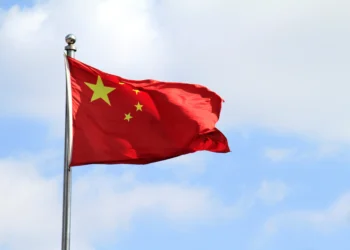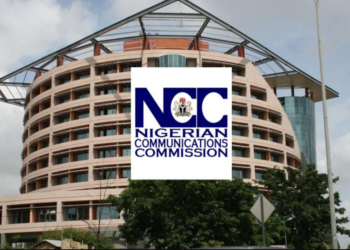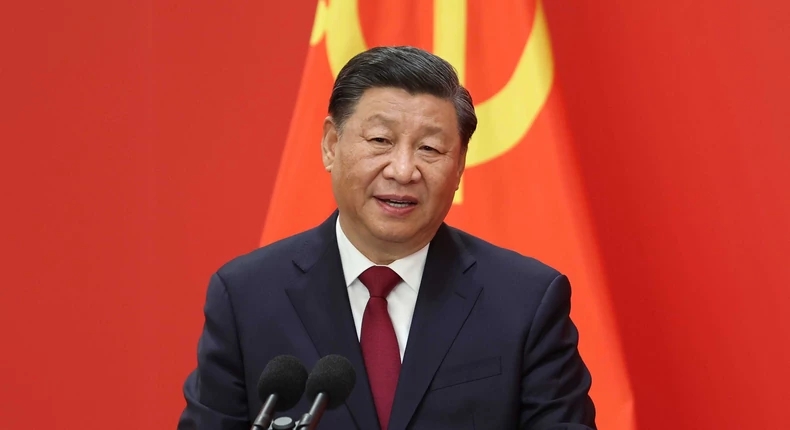Last week, the world’s most powerful bloc of countries, the G7 – consisting, Canada, France, Germany, Italy, Japan, the UK and the US – met in Cornwall, United Kingdom. A bulk of their discussions centred on the climate crisis and an effective response to it. As part of the meeting, the leaders pledged to phase out coal-fired power generation in their countries and to end funding for new coal power plants in developing countries.
In addition, they discussed protection of the global financial system from the impacts of climate change by agreeing to develop climate change risk disclosure rules for companies and financial institutions.
A key part of the discussion proposed a “Green Belt and Road” infrastructure facility to counter China’s popular Belt and Road Initiative (BRI). The BRI is China’s flagship global infrastructure and economic development strategy, adopted in 2013 with a proposed completion date of 2049, and targeted at investing in mostly developing countries across Europe, Asia and Africa. The stated goal of the project is to create a large unified market and close the infrastructure gap for developing countries.
Since 2013, the BRI has invested about $770 billion in the 140 countries signed up under it, with the energy sector getting about 39% – the largest share – of the investment. This energy investment has mostly been for coal and other fossil fuels. 21% of the total financing under the BRI has been directed at sub-Saharan Africa, effectively transplanting fossil fuel growth from China to these capital-starved economies.
Effectively, while China has made clean energy commitments internationally, and continues to expand research for clean fuels within its borders, it has continued under the BRI to fund major fossil fuel infrastructure projects in various parts of Africa. With many countries in Africa seeking cheap capital for infrastructure development, China’s dominance in the infrastructure space in these countries is unrivalled. Currently, 42 African countries are signed up to the BRI including Nigeria.
The G7, at their meeting, proposed an infrastructure fund that will counter the BRI and offer developing countries a new source of infrastructure finance. Under this scheme, the G7 and other developed countries will fund projects that reduce carbon emissions. The G7 also intends to garner funding from multilateral development banks and the private sector. To support this, the G7 leaders agreed to commit to increasing their contributions to international climate finance, building on the $100 billion per year climate finance promised by developing countries.
Yet, one may treat this commitment with scepticism, particularly as the G7 meeting ended without concrete propositions for realising this Green Belt and Road. Additionally, considering the $100 billion pledge which was made by developed countries was made in 2009 with a goal for 2020 (although now extended to 2025) and has not been achieved to date, it is doubtful that the G7 can pull off what a coalition of countries under the United Nations Framework Convention on Climate Change could not pull off.
The Green Belt and Road certainly looks like a worthwhile proposition for Africa, understanding the continent’s need for financing for the transition, yet until the financial flows begin to materialise, China may just continue to export fossil fuels and fossil fuel finance to developing countries. The ambition by China for its project is singular and unmatched, unlike the sometimes differing and waning ambition of the G7, each country ultimately aiming to advance country interests over bloc interests.
There have also been attempts by the US and some of the G7 countries in the past to develop similar initiatives. In November 2019, the US, Australia and Japan, in a bid to compete with the BRI, launched the Blue Dot Initiative which primarily aimed to address the failings of the BRI. Apart from the fact that the Blue Dot has failed to mobilize the financial capacity to match the BRI, the initiative is also providing fossil fuel finance like the $49 million funding to Iraq to create an oil production process facility, not much different from what the BRI is doing.
While there is optimism about the G7’s commitment to raise ambition on climate financing, without a concrete framework for the Green Belt and Road, there are concerns that Africa may not see this new facility materialise.
It is interesting, however, to see that new finance for renewable energy is increasingly opening up for Africa from international financial institutions. Only recently, the World Bank approved $465 million for renewable energy electrification in West Africa under the West African Power Pool. The International Finance Corporation and Rockefeller Foundation are equally deploying $150 million in blended finance for renewable energy in Africa. Also, the African Renewable Energy Fund (AREF II) has raised €130 million from seven investors to fund renewable energy projects in sub-Saharan Africa.
It is hoped that the G7’s climate finance initiative will materialise and create more clean energy financial flows for Africa.
























it depends on how to see and what you saw.China cannot be stopped by those G7.ONLY INDIA OR AFRICAN countries can stop china.china have no uses for usa or g7,all china needed to do. is more reform as china have already overtaken america in grass production,but they do not knows yet.The first person to originate martial arts or formulate it, was an indian monk called bordi.Buddhism is a reformed and impersonal Brahim religion.Guatama who they said founded Buddhism acquired his knowledge from his meeting of other indian monk,he did travelled all over in india seeking knowledge
This G7 MEETING in cornwall is a matter of desperation.the europeans wants to maintain the this present status quo and this present white power..this is similar that europeans did in their Berlin in the 1800s in their scamble for african continent and this subsequent colonization,after those europeans did mass depopulation and the transportation to america,and the trading of african slaves by the white folks.
The rises of china is God’s will,this meeting was intiated by britain to checkmate china.instead of britain assuming responsibilities for their evil deed in trading of african slaves and this colonization and the humilation and the insult they did to china in the 1800s,maybe the chicken is coming home for britain,and the white folks forget we africans did built america,france,spain and britain in unpaid labour and this pain and sorrows which those european vet on us africans,also those who lives in glass house should not throws stone,they should not forgets black africans and this african continent gave the europeans their present educational system and this religion called christianity,islam and judaism.